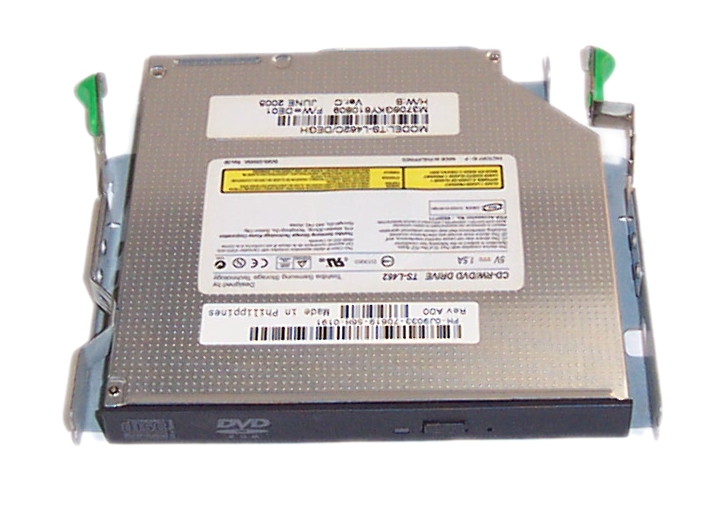Delete Files Smaller Than Windows 7
This is an 'updated for Windows 7' version of my popular original article Guide to Freeing up Disk Space under Windows Vista.I've got a 256 gig C: drive, but noticed that in the last week or so I'd had only 20 gigs free. I have a folder with many sub-folders containing small tif files (less than 160kb) which have been merged together in bigger pdf files, together with some big multi-page tif files. I want to delete all small tif files without deleting the bigger files (tif or pdf) and retaining the directory structure.
Delete All Personal Files On Windows 7
Hi Agarshanan,
Thank you for posting your query in Microsoft Community.
I understand that, hard drive shows less space than it is actually have.
I can imagine the inconvenience you have experienced. Don’t worry; we will certainly help you.
Let’s follow these methods and check if it fixes the issue.
Method 1: Perform Disk Cleanup and check.
Refer to the following link:
Method 2: Unhide the hidden and System Files.
The Windows Explorer display above was using the default settings which do not display files marked as 'hidden' or 'system', and as a result they are not included in the calculation. Changing that setting increases the 'Size on disk' by approximately 7 gigabytes as all the hidden files on my machine were included in the calculation. Most notably that included the system swap file and hibernation file, both of which are large, and marked as hidden.
To change the settings, you can follow the steps below:
Fire up Windows Explorer, and then:
Click on the Tools menu
Click on the Folder Options.. menu item
Click on the View tab
In the Advanced Settings list, scroll down until you see both Hidden files and folders, and Hide protected operating system files.
Now delete any hidden photos, files that are not necessary for you.
Make sure that Show hidden files and folders is selected. I also uncheck Hide protected operating system files - for much the same reason: I just don't want Windows hiding files from me.
NOTE: After searching for the files, hide the folders using the above step. Do not delete any file in C: Drive.
Method 3: Perform a full scan using Microsoft Safety Scanner.
Refer this link:
http://www.microsoft.com/security/scanner/en-us/default.aspx
You may wish to consider increasing the memory to 2 GB.
Note: Any data files that are infected may only be cleaned by deleting the file entirely, which means there is a potential for data loss.
Method 4: Check your hard disk for errors
Refer to this link:
CHKDSK Disclaimer:
While performing chkdsk on the hard drive if any bad sectors are found on the hard drive when chkdsk tries to repair that sector if any data available on that might be lost.
Files Smaller Than Mp3
Hope this helps. If the issue persists or any Windows related queries or issues related to Windows Operating system, please get back to us. We are here to assist you.
